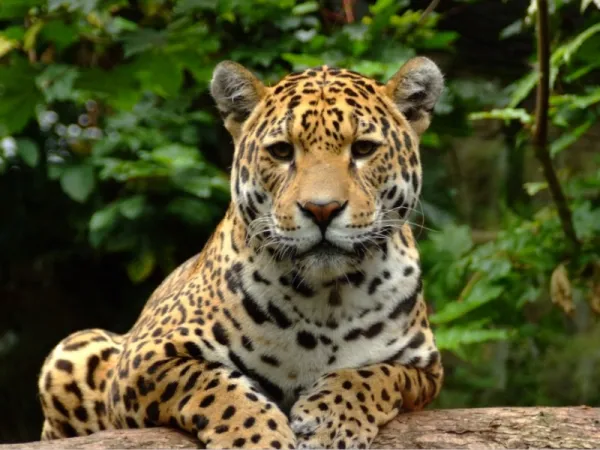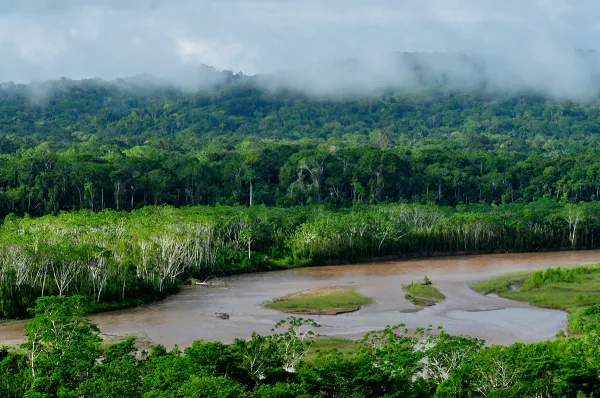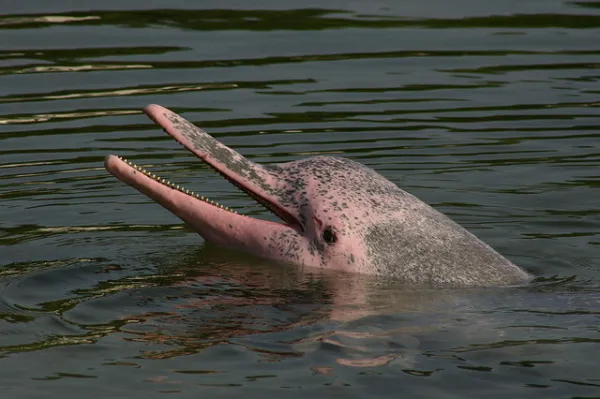Scientists estimate that there are around 7.77 million animal species in the world. An astonishing number, isn’t it? Yet human activity—particularly the destruction and alteration of natural habitats—has pushed countless species toward extinction. Nowhere is this more evident than in the Amazon Basin, one of the richest and most fragile ecosystems on Earth.
This article explores the endangered animals of the Amazon, the threats they face, and what can be done to help protect them.

The Amazon is the world’s largest tropical rainforest, named after the Amazon River.
Amazon River: Originates in the Arequipa region of Peru, flows through Colombia and Brazil, and empties into the Atlantic Ocean.
Size: At 7,062 km, it is the longest and most voluminous river in the world, holding nearly 20% of Earth’s liquid freshwater.
Name origin: In the 16th century, Spanish explorer Francisco de Orellana reported being attacked by a tribe of women warriors during his expedition. He named the river after the legendary female fighters of Greek mythology—the Amazons.
The Amazon rainforest spans several countries, but Brazil holds the largest portion of this vast and vital ecosystem.

Over the last decades, deforestation and forest degradation have become chronic problems in Brazil and across the Amazon Basin:
Since the 1970s, Brazil alone has lost an area of rainforest larger than the entire country of France.
Main causes:
Agricultural expansion—land cleared for soy production and cattle ranching.
Illegal logging—often followed by fire to permanently clear land.
Hydroelectric projects—which disrupt river ecosystems.
Other threats: climate change, pollution, mining, hunting, wildfires, and illegal wildlife trafficking.
These pressures have dramatically reduced the habitats of many Amazonian species, particularly those that rely on canopy forests (such as birds and arboreal reptiles).
The Amazon is home to an extraordinary diversity of life, including at least 643 recorded vertebrate species:
326 birds
185 fish
67 mammals
37 amphibians
28 reptiles
Many of these are endemic, meaning they live only in the Amazon. Examples include the sloth, golden lion tamarin, spider monkey, electric eel, bullet ant, poison dart frog, green anaconda, black caiman, glass frog, and the Jesus Christ lizard.
But many of these unique animals are now threatened with extinction.

The largest cat in the Americas and the third largest in the world (after the tiger and lion).
Threats: habitat loss due to deforestation, competition for prey, habitat fragmentation, and poaching.
The world’s largest river dolphin.
Diet: Primarily fish, inhabits shallow rivers.
Threats: hunting, habitat degradation (which disrupts migration), and overfishing.
A large carnivorous mammal that feeds mainly on fish.
Though semi-aquatic, it spends much of its life on land.
Threats: poaching for pelts and habitat destruction.
Inhabits shallow waters and feeds on aquatic vegetation.
Threats: hunting, boat collisions, habitat loss, and very low reproductive rates, which hinder population recovery.
Several measures are already underway to safeguard the Amazon and its wildlife:
Zero Deforestation Laws: Stricter regulations to stop illegal land clearing.
Stronger controls on illegal timber imports.
Partnerships with Indigenous communities: Supporting those who live in and depend on the rainforest.
What individuals can do:
Avoid buying products linked to Amazon deforestation (such as illegally sourced timber or unsustainable crops).
Support conservation organizations working in the Amazon.
Choose sustainable tourism if visiting the region.
The Amazon is one of the most vital ecosystems on the planet—home to extraordinary biodiversity and crucial for regulating the Earth’s climate. Yet animals like the jaguar, pink river dolphin, giant otter, and manatee face extinction due to human pressures.
Protecting the Amazon is not only about saving individual species—it is about safeguarding an ecosystem that sustains life on Earth. Each of us, through our choices and actions, can contribute to the survival of this irreplaceable natural treasure.
animal tags: Amazon
We created this article in conjunction with AI technology, then made sure it was fact-checked and edited by a Animals Top editor.